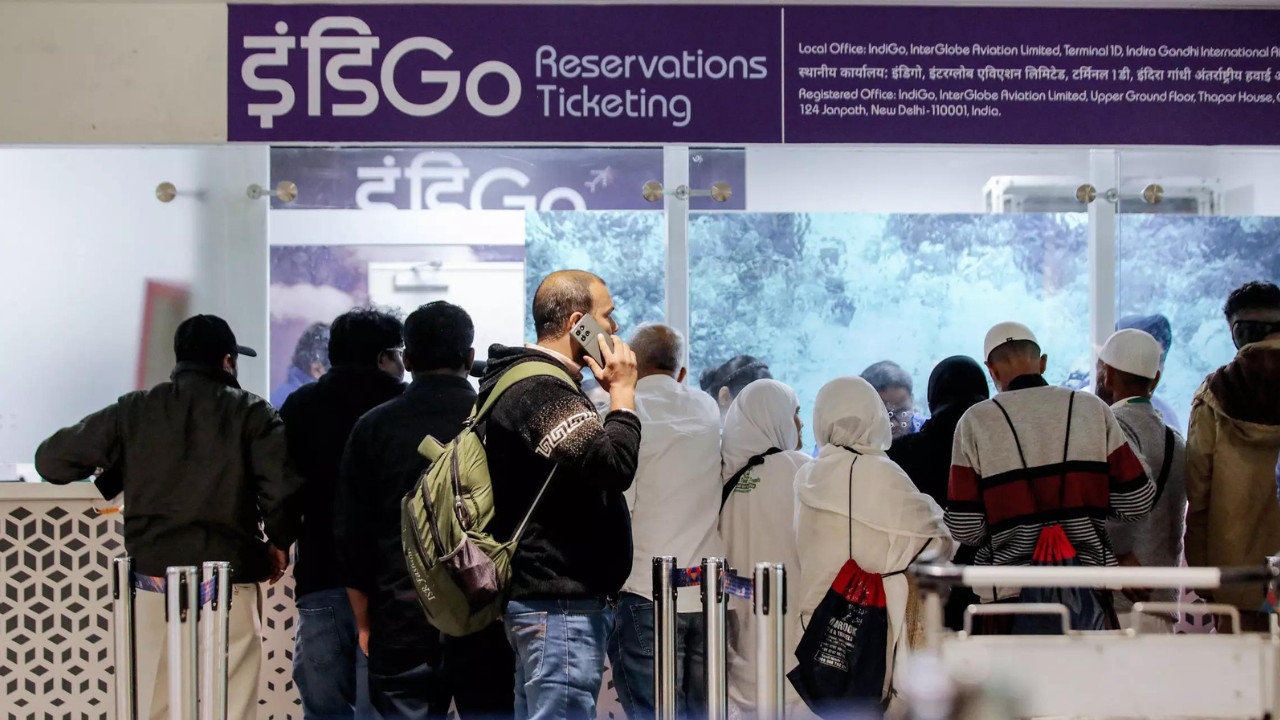The 2025 Global Life-Work Balance Index reveals that smaller economies often outperform larger ones in supporting employee well-being. New Zealand leads the ranking, excelling in paid leave, healthcare, and safety. The US lags significantly due to limited leave policies and inclusivity, while India faces challenges in healthcare and work-life balance.
Chasing Happiness: Where on Earth Can You Actually Achieve Work-Life Balance?
We’re constantly bombarded with the mantra: “Work hard, play hard.” But what if the “play hard” part feels… unattainable? What if the scales are so drastically tipped toward “work hard” that the “play” side withers and dies? It’s a question many of us grapple with, caught in the relentless churn of deadlines, emails, and the ever-present feeling of needing to do more.
But escape is possible. There are places in the world where the pursuit of a healthy work-life balance isn’t just a pipe dream, but an everyday reality. So, ditch the aspirational Instagram posts and let’s dive into which countries are actually nailing this whole “living” thing.
The Usual Suspects… And Some Surprises in Work-Life Balance
You might expect the economic powerhouses to dominate a list of countries prioritizing employee well-being. Think again. The United States and China, despite their economic clout, are noticeably absent from the top 10. This ranking, recently compiled and analyzed across multiple factors, highlights a fascinating truth: economic success doesn’t automatically translate to a fulfilling life outside of work.
So who did make the cut? Drumroll please…
The Nordic countries, unsurprisingly, lead the charge. Finland, Denmark, and Norway consistently rank high in global happiness reports, and their commitment to work-life balance is a major contributing factor. They are joined by other European nations known for their robust social safety nets and worker protections. But there are also a few unexpected entries, demonstrating that a healthy work-life balance isn’t exclusive to Western Europe.

Diving Deeper: What Makes a Country Good for Work-Life Balance?
It’s more than just mandated vacation days (although those certainly help!). Several key factors contribute to a nation’s work-life balance score. These include:
* Working Hours: Are employees expected to work excessive hours? Are there laws in place to limit overtime?
Vacation Time: How much paid vacation are employees entitled to? And, perhaps more importantly, are they encouraged* to actually use it?
* Parental Leave: Generous parental leave policies allow parents to bond with their newborns without sacrificing their careers.
* Healthcare Access: Affordable and accessible healthcare reduces stress and allows individuals to prioritize their well-being.
* Overall Culture: Is there a societal emphasis on relaxation and leisure time? Or is workaholism celebrated?
* Commuting Time: Long commutes eat into precious free time. Countries with efficient public transportation often score higher.
These interconnected elements create an environment where individuals can thrive both professionally and personally. They signal a deeper societal value: prioritizing human well-being over relentless productivity.
India’s Score: A Need for Improvement
While the leading nations offer a compelling glimpse into what’s possible, the reality for many countries, including India, is less rosy. India’s work-life balance score indicates a significant need for improvement. Factors contributing to this include long working hours, limited vacation time, and a societal culture that often glorifies overwork. Bridging this gap requires a multi-pronged approach, involving government policies, corporate culture shifts, and a collective reevaluation of what truly constitutes success.
Perhaps it’s time to revisit the fundamental question: what’s the point of building a thriving economy if its citizens are perpetually stressed and burnt out?
Want to explore actionable steps to enhance your personal sense of well-being? Read more about mindful living.
A Global Shift Towards Well-being
The growing conversation around work-life balance isn’t just a trend; it’s a reflection of a deeper societal shift. People are increasingly recognizing that their worth isn’t solely defined by their professional achievements. They’re seeking lives that are rich in experiences, relationships, and personal fulfillment.
The countries that embrace this shift—that prioritize the well-being of their citizens—will not only attract and retain top talent but also foster healthier, happier, and more productive societies. The future belongs to those who understand that a balanced life is not a luxury, but a necessity.
Ultimately, the pursuit of work-life balance is a journey, not a destination. Whether you’re seeking a new career, a new country, or simply a new perspective, prioritizing your well-being is the most important investment you can make.







